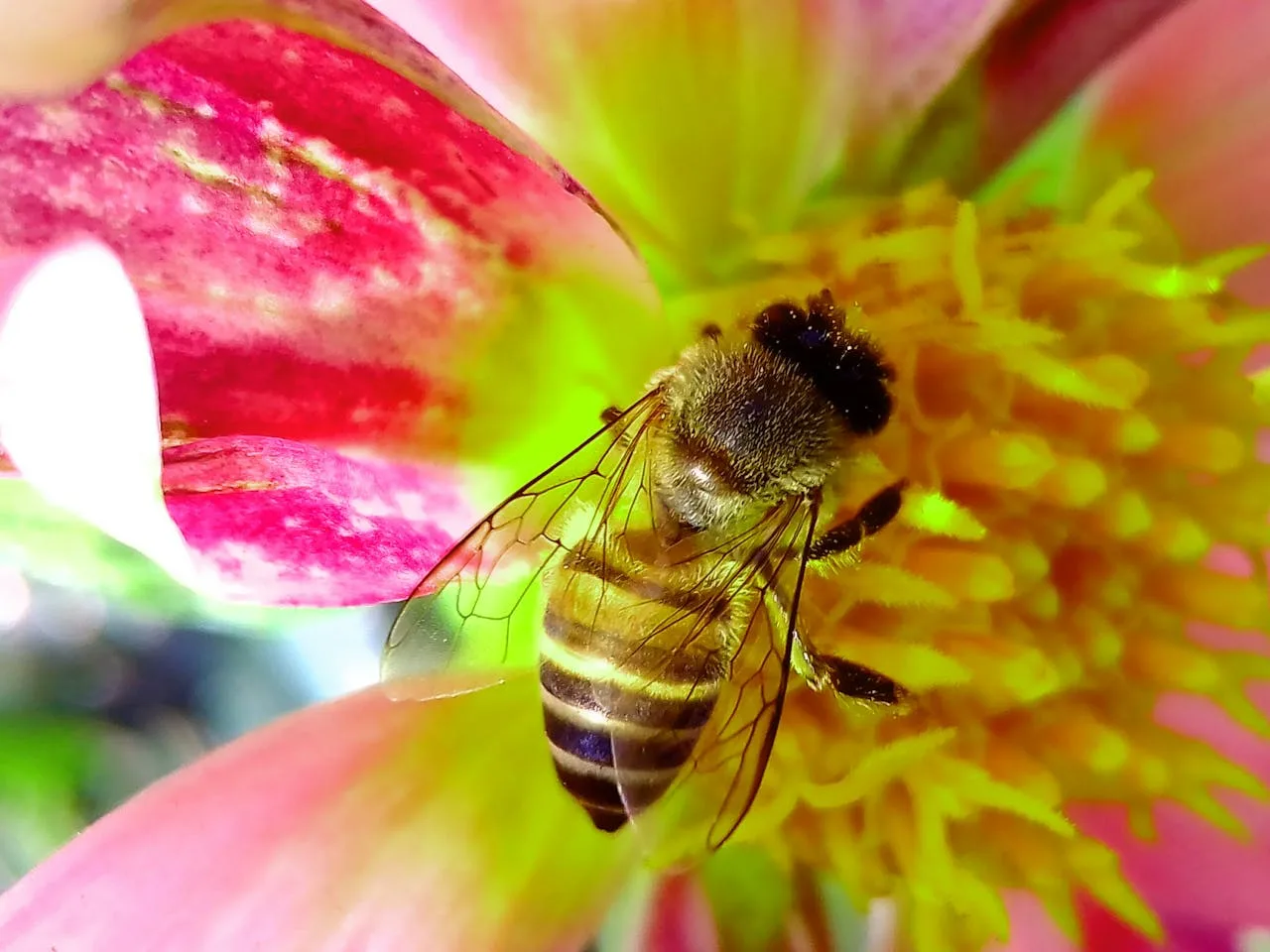A groundbreaking study has unveiled a remarkable discovery in cancer research: honeybee venom can target and kill aggressive breast cancer cells in less than 30 minutes. This development, spearheaded by researchers at the Harry Perkins Institute of Medical Research in Western Australia, is generating excitement for its potential role in future cancer treatments.
Honeybee venom, produced by the European honeybee (Apis mellifera), has long been valued for its medicinal properties, including honey and propolis. Now, scientists are turning their attention to its potential in cancer therapy, specifically for breast cancer, the most common cancer affecting women worldwide.
The Role of Melittin in Cancer Treatment
The key to honeybee venom’s cancer-fighting properties lies in melittin, a 26-amino-acid peptide that makes up about half of the venom’s dry weight. Melittin is known for its unique ability to interact with the phospholipids in cell membranes, causing the formation of pores that lead to cell death.
This study focused on the effects of melittin on two particularly challenging forms of breast cancer: triple-negative and HER2-enriched. These cancers are aggressive and notoriously difficult to treat, making the study’s findings even more significant.
When tested in a lab, melittin was able to destroy breast cancer cells within 30 minutes, sparing healthy cells in the process. This selective targeting is critical, as it minimizes damage to surrounding healthy tissue. Researchers found that melittin forms tiny pores, about 4.4 nanometers in diameter, in the cancer cell membrane, allowing other cytotoxic molecules to enter and enhance the destruction of cancer cells.
Combining Melittin with Chemotherapy
In addition to its cancer-killing properties, melittin also disrupts key molecules that cancer cells overexpress, helping to halt tumor growth. When combined with chemotherapy drugs, melittin’s ability to form pores in cancer cells may boost the efficacy of these drugs, making it easier for them to penetrate and kill cancer cells.
The study suggests that synthetically produced melittin could be a promising future treatment for breast cancer, offering a natural and cost-effective solution that could benefit communities around the world.
The Path Forward: Potential and Caution
Dr. Marilena Tauro, a breast cancer researcher at Moffitt Cancer Center, praised the study’s findings, noting the therapeutic potential of melittin in targeting breast cancer cells. However, she emphasized the challenges of translating lab discoveries into clinical treatments. “While the results are encouraging, the journey from lab to clinical application is often long, and not all lab successes become viable treatments,” she explained.
Despite these challenges, the study is an important step in exploring the medicinal potential of natural products. Dr. Tauro highlighted that nearly half of all modern medicines are derived from natural sources, and bee venom could join the ranks of such therapies.
Global Consistency of Bee Venom
The researchers tested honeybee venom from bees in Australia, Ireland, and England, finding consistent results in breast cancer cell destruction across all regions. Interestingly, the study noted that venom from bumblebees did not have the same effect, underscoring the unique properties of honeybee venom.
Apitherapy, the medicinal use of bee products, has been studied for decades. In fact, bee venom’s potential to inhibit tumor growth was first observed in the 1950s. Since then, interest in its therapeutic applications has grown, particularly in cancer treatment.
Looking Ahead
While more research is needed before bee venom can be used as a clinical treatment for cancer, this study lays the groundwork for future exploration. Researchers hope that melittin, whether used on its own or in combination with chemotherapy, could eventually become a standard part of breast cancer treatment.
This exciting discovery offers a new approach to fighting breast cancer, providing hope for a more natural and effective way to target cancer cells.
#HoneybeeVenom #BreastCancerResearch #CancerTreatment #Melittin #TripleNegativeBreastCancer #CancerTherapy #Apitherapy #MedicalBreakthrough




+ There are no comments
Add yours